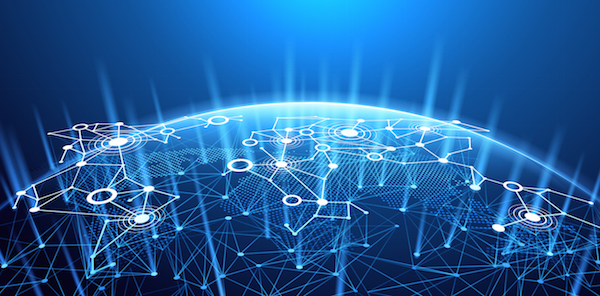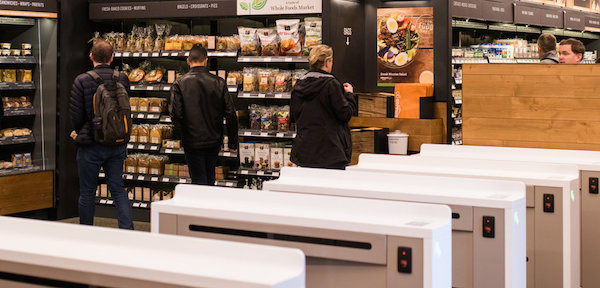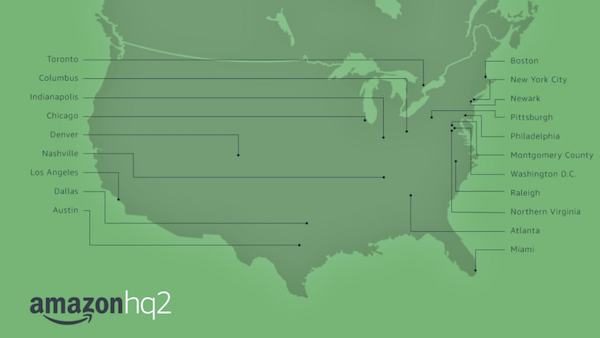
On the blockchain, everybody can securely verify you’re a dog, without knowing which dog.
In an article I’d highly recommend about the potential of blockchain technology beyond cryptocurrencies like Bitcoin, author Steven Johnson is more excited about the further possibilities of decentralization than he is about new ways to send money.
For example, our personal Social Graphs are currently tethered to places like Twitter or Facebook, who own the lists of our follows/friends that define our experience on social media. But what if, for example, those connections were made through an open standard we could port to any service?
Perhaps someday, every single person on the planet might use that standard to map their social connections, just as every single person on the internet uses TCP/IP to share data. But even if this new form of identity became ubiquitous, it wouldn’t present the same opportunities for abuse and manipulation that you find in the closed systems that have become de facto standards. I might allow a Facebook-style service to use my social map to filter news or gossip or music for me, based on the activity of my friends, but if that service annoyed me, I’d be free to sample other alternatives without the switching costs.
In that world, the list of people you know, news outlets you read, celebrities you are interested in, etc., could be your own. Then you could lay any type of software on top of that to interact with all those things how you saw fit. You could build all manner of new social networks using the underlying connection data, from scratch, without having to convince everyone else to switch to the new platform to make it work.
If you were to build a new social network from the ground up, how would it be different from what we use today?
How could these new social networks avoid some of the pitfalls of the ones we have now?




